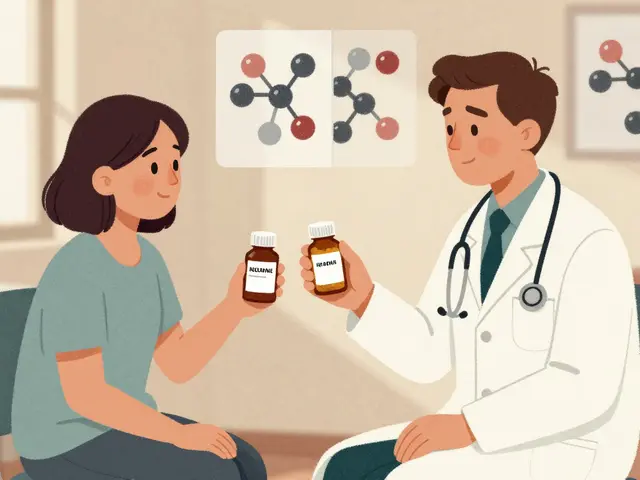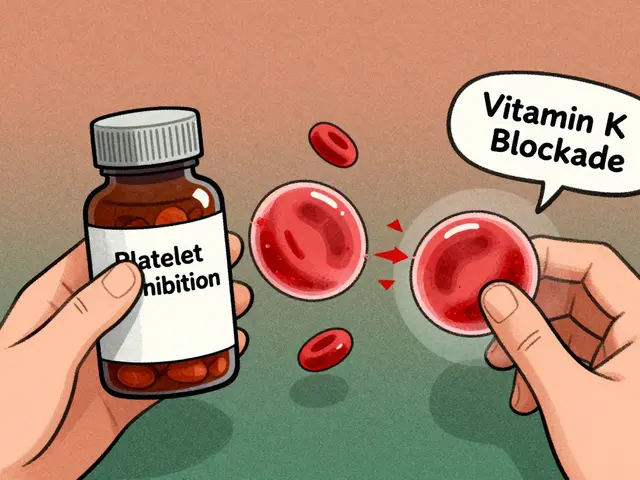IGF-1 Levels: What They Mean for Your Health and How to Manage Them
When you hear IGF-1 levels, Insulin-like Growth Factor 1 is a hormone your liver makes in response to growth hormone, playing a key role in muscle growth, bone density, and cell repair. Also known as somatomedin C, it’s not just a childhood growth marker—it stays active throughout life, influencing how your body repairs itself, uses energy, and even ages. If your IGF-1 is off, it’s not just about height or puberty—it can signal thyroid trouble, liver disease, malnutrition, or even early signs of cancer.
Many people don’t realize that growth hormone, the main driver behind IGF-1 production, is tightly controlled by your pituitary gland and affected by sleep, stress, and diet. Poor sleep, chronic stress, or extreme dieting can drop your IGF-1 levels, making recovery slower and muscles harder to build. On the flip side, abnormally high levels—sometimes from tumors or supplements—can raise your risk for diabetes and certain cancers. It’s a tight balance, and your body doesn’t shout when it’s off. Blood tests are the only way to know for sure.
aging, a natural process that reduces growth hormone output, also brings a steady decline in IGF-1. That’s why older adults often lose muscle mass and bone strength—not just from inactivity, but from falling hormone levels. But here’s the catch: trying to boost IGF-1 with supplements or injections can backfire. Studies show unnatural spikes may accelerate cell damage. The smartest way to support healthy IGF-1? Sleep well, lift weights, eat enough protein, and avoid sugar spikes. It’s not about chasing high numbers—it’s about keeping them stable.
You’ll find posts here that dig into how IGF-1 connects to thyroid disorders, diabetes meds like metformin, and even how smoking affects hormone balance. Some articles look at drug interactions that change IGF-1 indirectly—like how steroids or antithyroid drugs can shift your levels. Others explain why older adults need to watch their medication choices more closely, since liver and kidney changes alter how these hormones are processed. Whether you’re managing a condition, trying to stay strong as you age, or just saw your lab results and got worried, this collection gives you the real talk—not hype, not fear, just what matters.

- Nov 17, 2025
- Posted by Cillian Osterfield
Acromegaly: Understanding Excess Growth Hormone and Modern Treatment Options
Acromegaly is a rare hormonal disorder caused by excess growth hormone, leading to physical changes and serious health risks. Learn how it's diagnosed, treated with surgery, medication, or radiation, and why early intervention saves lives.
Categories
- Health and Wellness (72)
- Medications (69)
- Health and Medicine (28)
- Pharmacy Services (12)
- Mental Health (9)
- Health and Career (2)
- Medical Research (2)
- Business and Finance (2)
- Health Information (2)
Latest Posts
©2026 heydoctor.su. All rights reserved





